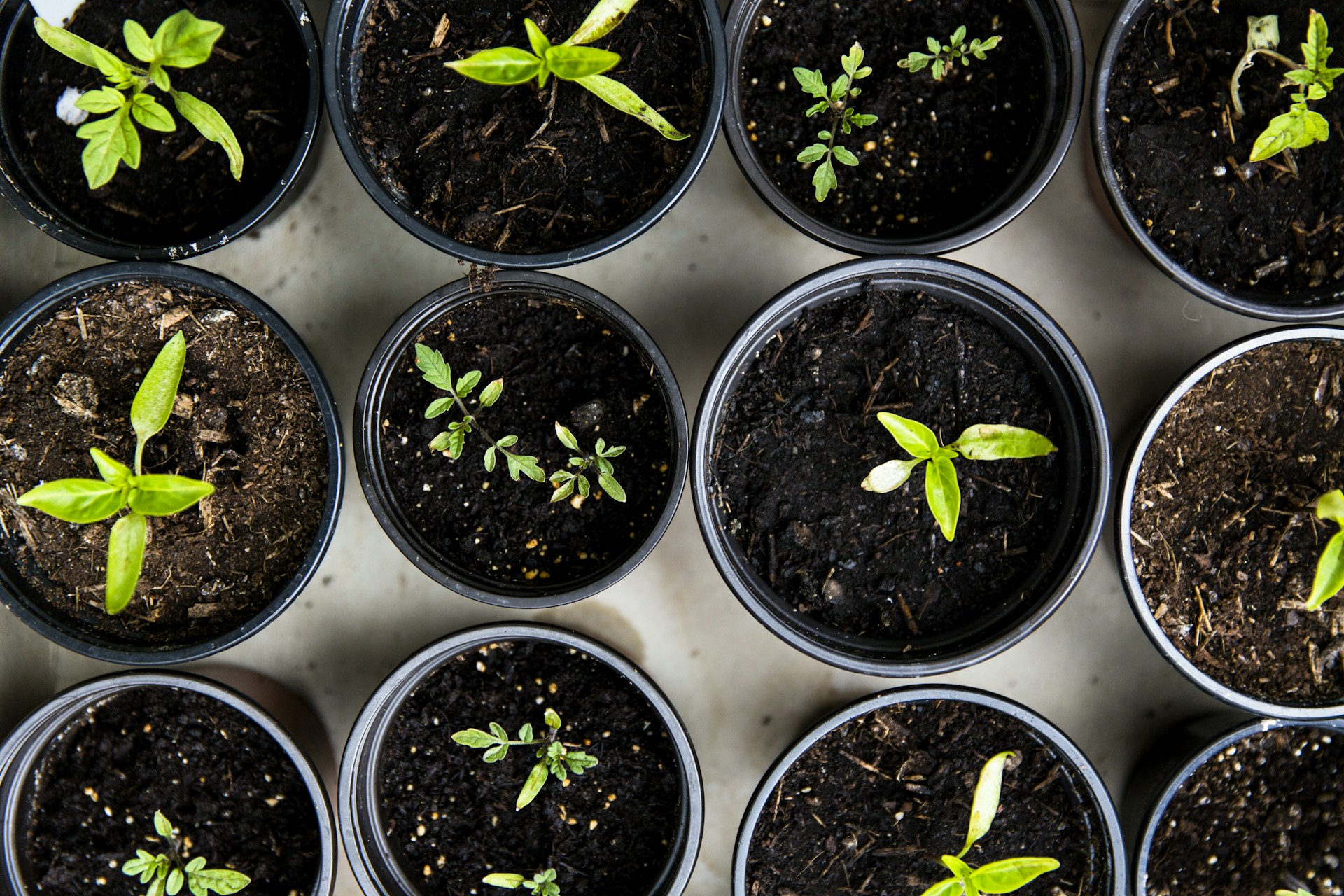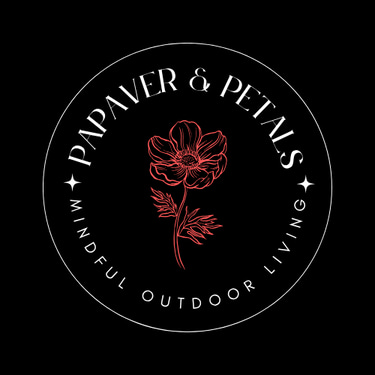
Cottage Garden Charm: How to Create a Lush, Colorful, and Romantic Outdoor Space
Discover how to design a charming cottage garden with lush layers, romantic flowers, and vintage details. This beginner-friendly guide covers classic plants, layout ideas, and tips for creating a colorful and cozy outdoor space.
GARDEN DESIGN STYLES
P + P
6/27/20253 min read


Cottage Garden Charm: How to Create a Lush, Colorful, and Romantic Outdoor Space
Learn how to create a lush, colorful, and romantic cottage garden.
Disclosure: As an Amazon Associate, I earn from qualifying purchases. Some of the links in this post may be affiliate links, which means I may earn a small commission at no extra cost to you.
There’s something undeniably enchanting about a cottage garden. With its wild mix of flowers, overflowing borders, and nostalgic charm, this style invites you to slow down and savor nature’s beauty up close. It’s not about precision—it’s about abundance, romance, and soul.
If you’ve ever dreamed of stepping into your own storybook garden, this guide will walk you through how to create a cottage-style landscape that’s as welcoming as it is breathtaking.
🌸 What Is a Cottage Garden?
A cottage garden is a lush, informal garden style that originated in rural England. Traditionally planted around small cottages, these gardens were both beautiful and functional, blending ornamental flowers with herbs, vegetables, and fruit.
Today, the cottage garden is beloved for its:
Overflowing plant beds
Naturalistic design
Layered colors and textures
Sense of whimsy and warmth
Think roses climbing a trellis, hollyhocks swaying in the breeze, and bees humming over lavender.
🌼 Key Elements of a Cottage Garden
1. A Soft, Layered Planting Style
Cottage gardens are known for their “organized chaos”—plants spill over paths and mingle freely. The goal is abundance, not symmetry.
Plant in layers:
Tall plants (delphinium, foxglove) in back
Mid-height (roses, daisies) in the middle
Low growers (thyme, alyssum) along borders
2. Classic Cottage Plants
Choose plants that are colorful, fragrant, and pollinator-friendly. Some must-haves include:
Perennials: Lavender, peonies, phlox, salvia, coneflower
Biennials: Hollyhocks, foxglove, Canterbury bells
Annuals: Sweet peas, cosmos, nasturtiums, calendula
Shrubs: Hydrangeas, English roses, spirea
🌹 Tip: Old-fashioned varieties add authentic charm—look for heirloom seeds or pass-along plants from friends.
3. Curved Paths and Cottage Features
A winding path invites you to explore and wander. Use gravel, brick, or stepping stones to create informal walkways that weave through the space.
Consider adding:
Arches and trellises for climbing roses or clematis
Pickett fences or vintage gate accents
Birdbaths, benches, or weathered pots for rustic detail
🪴 Cottage charm is all in the details—mix in repurposed or handmade items for a personal touch.
4. Mix in Herbs and Edibles
Traditionally, cottage gardens combined beauty and utility. You can follow suit by planting:
Herbs: Rosemary, thyme, mint, chives, dill
Vegetables: Kale, lettuce, peas, tomatoes (choose compact or trailing varieties)
Fruit: Strawberries, rhubarb, or dwarf fruit trees
Not only will you enjoy a functional harvest, but the mix of plant types attracts beneficial insects and enriches biodiversity.
🎨 Choosing a Color Palette
Cottage gardens often feature soft, romantic hues like pink, purple, cream, and blue—but don’t be afraid to go bold. The beauty of this style is in its layered, lived-in look.
You can:
Stick to a pastel scheme for cohesion
Let color clash freely for an authentic, wild effect
Group similar tones in loose drifts for natural rhythm
🌈 Whichever route you choose, plant closely and generously for that full, cottagey feel.
🛠 Tips for Starting Your Cottage Garden
Start small with one bed or border and expand seasonally
Embrace perennials and self-seeding annuals to let nature fill in over time
Leave room for serendipity—unexpected pairings often become your favorites
Include plants with long blooming seasons to extend your garden’s display
Let your garden evolve—it’s meant to feel relaxed and a little untamed
Final Thoughts
Cottage gardens are more than just beautiful—they’re emotional, nostalgic, and deeply personal. They reflect the idea that a garden isn’t just something to look at, but something to live in.
Whether you’re working with a front yard, a side path, or a backyard plot, you can bring a little cottage garden magic into your world. All it takes is a love of nature, a painter’s eye, and a willingness to let beauty grow wild.
